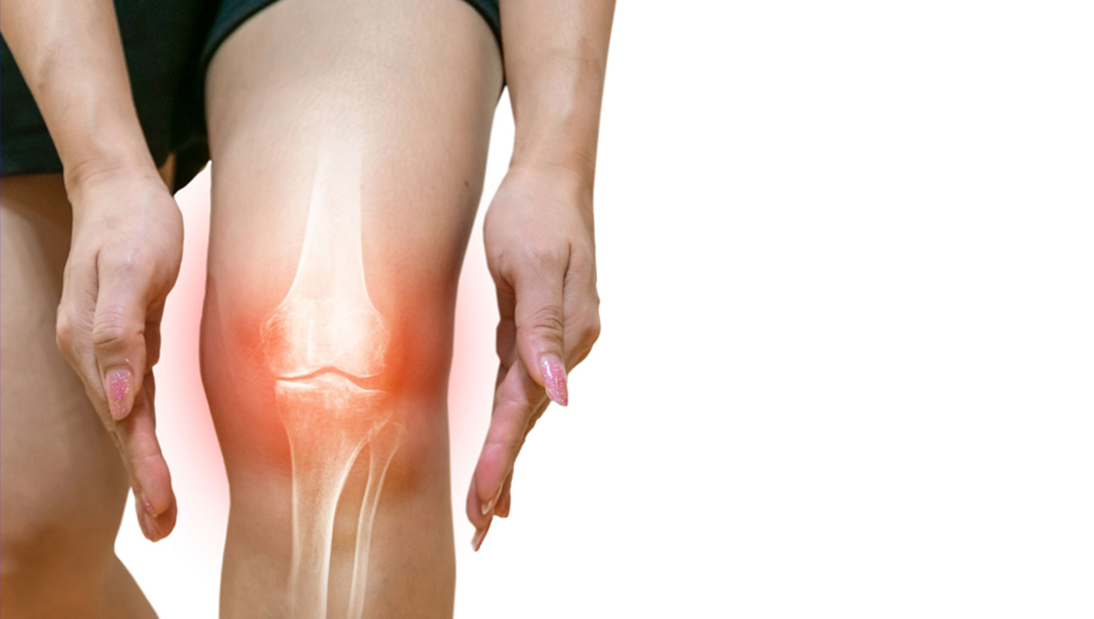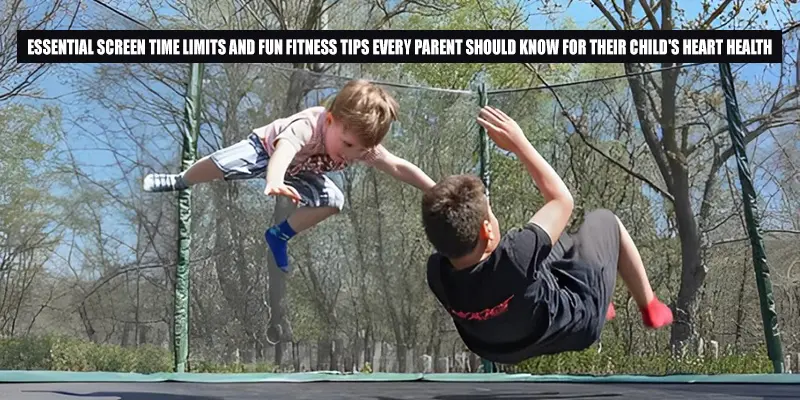
When joints crack, you can become worried as you are unsure if this is normal, or a sign of weakening bones. Rest easy, that popping noise you. We’ve all accomplished it: Knees that snap when we stand up, a neck that pops or smacks when we turn our head a ankles that crack when we twirl them.
Frequently, joint breaking can be clearly heard – and may be somewhat perplexing. It’s no big surprise that many individuals figure there may be some kind of problem with their joints when they hear them pinging quite a few times.
Squeaking and snapping joints may be irritating. However, they ordinarily aren’t anything to stress over, says orthopedic surgeon Kim L Stearns. He further added that It’s a normal, common occurrence.
Breaking a joint can give a liberating sensation and give you more noteworthy and comfortable movement in a joint. Joint breaking might turn out to be more recognizable as you age, as a portion of your ligament erodes. If your cracks are accompanied by pain or swelling or are the result of an injury, do not hesitate to check with your doctor to determine whether there is an underlying medical condition.
Why Do Joints Crack?
Joint breaking can have various causes. It’s customary and is typically not a sign of a bone medical issue. Precisely what causes the breaking or popping commotion in the joints is the subject of many investigations, yet it’s as yet not totally perceived.
Some natural causes of joint cracking are:
Sounds from Muscle Action:
As the muscle extends, it can cause joint commotions. For instance, a ligament might snap in and out of place while you are stretching, exercising, dancing, or moving repetitively in your job.
Cartilage Loss:
This can happen from aging, which can roughen joint surfaces, bringing about joint commotion with development. Which results in joint noise with movement.
Arthritis:
This can likewise cause ligament degeneration and can bring about joint sound
Is the cracking of your joints bad?
Breaking your knuckles or different joints isn’t “awful,” yet it very well might be irritating to individuals around you on the off chance that you do it habitually. In interesting cases, in the event that you’re breaking a joint excessively hard, for example, in your back, you could harm yourself by squeezing a nerve or stressing a muscle. The normal legend that you’ll get joint pain in your grasp assuming you break your knuckles has shown to be only that – a fantasy – by another 2011 review. According to some various researches it has been found that knuckle breaking doesn’t thin your ligament and isn’t probably going to prompt osteoarthritis.
Tips to avoid breaking your joints
Move More:
Moving more may be one simple solution to your problem. Standing or sitting for long periods of time in one position can cause you to become stiff, so if your joints become stiff you may crack them to help them. Make sure you move around frequently to avoid stiffness. If you spend the entire day sitting at a desk, make sure you get up at least every half an hour.
Stretch Gently:
Another solution is stretching your joints gently, which can help move the synovial fluid around and lubricate your joints. All your joints can be stretched either dynamically or statically.
Reduce Stress:
Consider other calming measures, such as deep breathing, meditation, or fidget toys, if stress relief is causing your joints to crack.
Exercising:
Exercise 120 minutes per week. Make sure you select activities suitable to your age and lifestyle. Exercise can be made up of any physical activity, including housework, gardening, and short walks.
So next time you hear a crack or your joint gets stiff, it’s a matter of concern and you need to change your lifestyle and if it is happening frequently, then it’s time to see your orthopedic doctor. So that, it can be diagnosed at an early stage and you don’t have to bear any dire consequences due to these.










